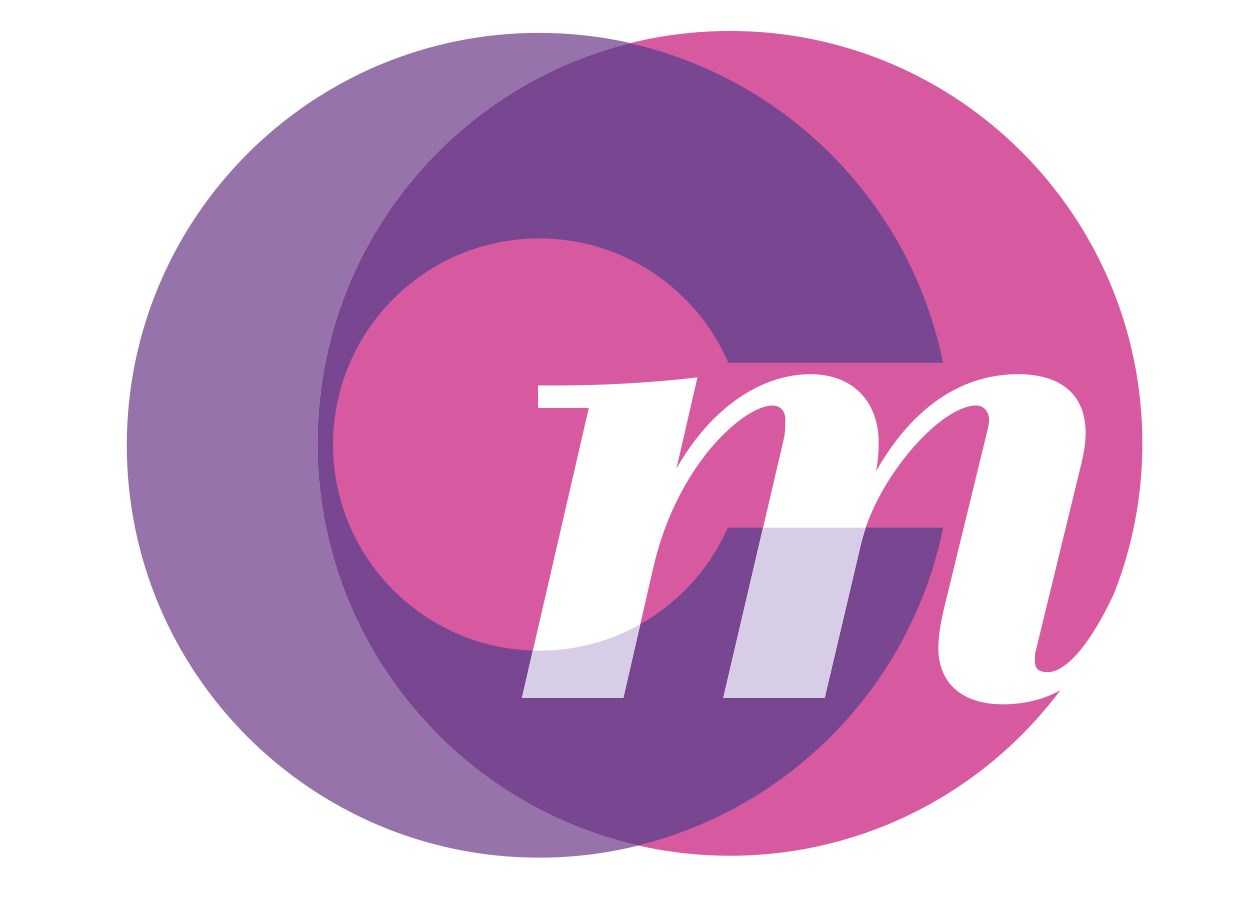I just got sent this email from Drayton Bird and it made sense to me.
Public speaking terrifies most people – and that used to include me.
So when an old client sent me the below email, I felt obliged to help.
And I dare say, if you have a presentation looming, you’ll find the advice helpful too:
“I have been asked to prepare a 20 minute presentation on marketing. The audience is 30 people from SME size businesses.
I don’t know any of them and I’m speaking as a special guest at a morning business seminar.
Do you have any suggestions on what to avoid?”
Here is my advice to the poor soul (I feel his pain).
1. Have a theme, not just a series of slides. For instance I am doing a talk in Sweden in 10 days to chief executives in the food industry. My theme is that marketing people don’t study. State your theme at the start, proceed to justify and enlarge on it then restate or sum up the solution at the end.
2. Give examples. One example is worth a ton of exhortations. I show that marketing lacks the discipline of proper professions like the law, giving seven ways in which marketers fail, with examples. I also give examples from the past and from other countries and businesses.
3. Wherever possible use pictures, with as few words as possible. For instance I use a picture of the stele of Hammurabi, the first law giver, when pointing out that the history of marketing is very short – the word was first used in 1908.
4. Quote authorities. I quote all sorts of people in my talks. In this case two French writers and an American philosopher. This gives a degree of gravity and shows you are a serious, thoughtful person who has done his homework.
5. If you can, be funny. This is far easier than it sounds. All you have to do is show stupid ads or commercials. There are thousands online. No need to make any jokes. They do it for you. My partner Timo – being a Finn – sent me a quick video about Sweden yesterday which made me laugh out loud. He didn’t have to say “this is funny”. The best comedians have straight faces (I am not very good – laugh at my own jokes).
6. Rehearse until you know exactly what you want to say. I spend weeks thinking about any presentation I make. I don’t sit down and do so. It is on my mind and I just keep coming back to it. One of the best speakers I know of – a former chairman of Ogilvy & Mather – told a friend that it took him two days to deliver a 30 minute speech.
7. As with an advertisement or any other message, the beginning is crucial. I give great thought to how I will begin, as people decide whether they like you within 30 seconds. I usually have several alternatives in mind. The easiest and simplest is a very loud Good morning! – with a smile and a pause. That is surprisingly effective.
8. Use notes if you like. David Ogilvy often did. But don’t just look down and read them out. Pause after you’ve read something, and look at the audience. You must rake the audience with your eyes, like the guns of a battleship, so they feel included.
9. Speaking is frightening – unless you’re a conceited ass. I still worry after hundreds of speeches all over the world. The minute you stop worrying you’re in trouble (which applies to everything in my view). You may be tempted to get it over with as quickly as possible – and start gabbling. Don’t. Within reason, the slower the better.
10. Take great note of the context. Take the previous speakers: what did they say? If someone else said something good, say so. People will like you for doing so. The room, the audience. Who are they? How can you involve them? What are they worried about? You must find out when you are asked to speak. Speeches – in the business context – are just like marketing. What is the problem? How can you help solve it?
 Chiswick Marketing
Chiswick Marketing